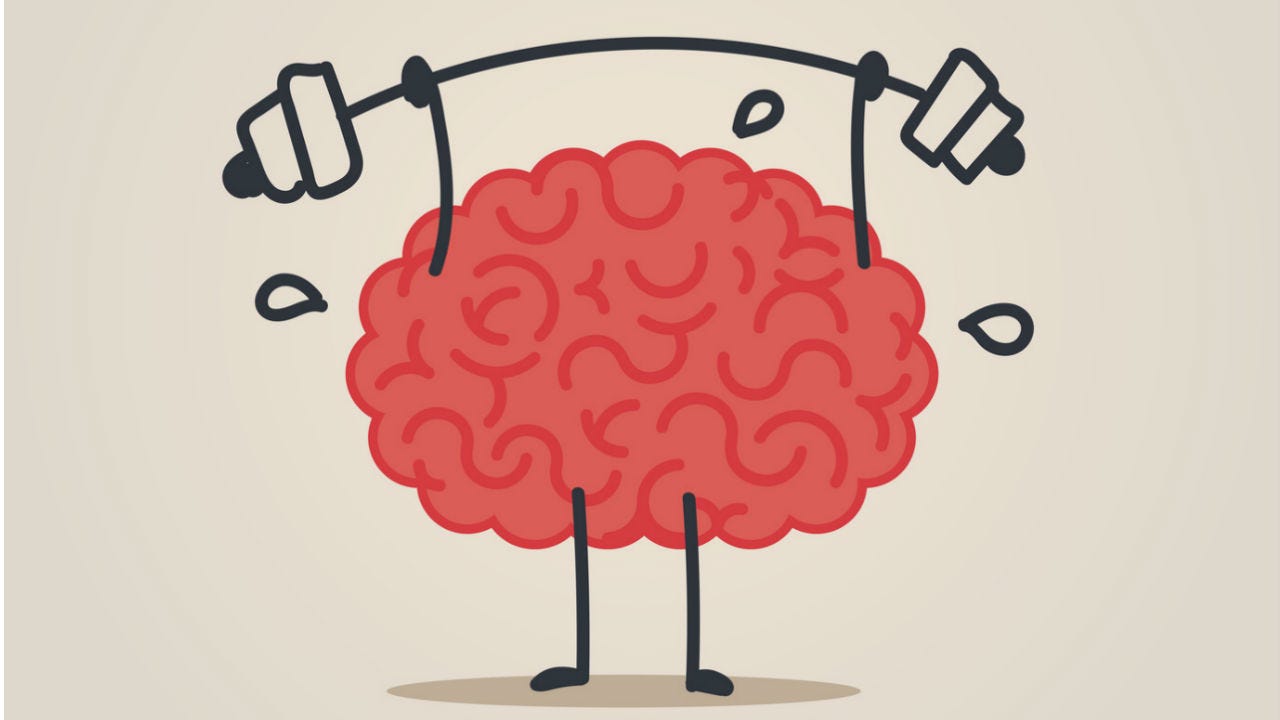Able To http://lukasinwy617.lowescouponn.com/what-is-an-area-mental-health-center Feel Happy, But Not Sad.
Various other danger variables for nosebleeds are tension as well as persistent stress and anxiety. The Anxiousness as well as Anxiety Organization of America estimates that more than 40 million grownups in the USA have some sort of anxiousness disorder. These people are extra in danger for persistent, repeating, or unforeseen nosebleeds.
What does it mean when you dont cry anymore?
You'll probably respond to treatment. But if you find that you can't cry, that you can't feel anything, what then? The inability to feel anything, neither sadness nor anything else, is one of the danger signs in melancholic depression. Melancholia is a severe form of depressive illness.
I Often Feeling Gloominess,
What to do when you need to cry?


Studies show that those who are neurotic are more likely to cry (which may explain why my family is so easily brought to tears); extroverts are also more likely to cry in negative situations; and those who are empathetic are shown to cry more frequently (seeing someone cry will make these tenderhearted people also tear
That said, very sensitive is a much less typical way to be, and our society has a tendency to be built around people that notice a little much less as well as are influenced a little much less deeply. As a result, it helps to identify the distinctions and also make changes to decrease the tension that can come at better levels to HSPs. This holds true for those who identify themselves as highly delicate along with those that have somebody they take care of who Great site is a lot more delicate than the typical person. Highly delicate individual is a term created by specific writers for those who are thought to have actually a raised or much deeper main nervous system sensitivity to physical, psychological, or social stimuli. Some refer to this as having sensory processing sensitivity, or SPS for brief.
- This entails swallowing, a process which requires closing the fully expanded glottis to prevent food from Click for info entering the throat.
- The glottis, nonetheless, attempts to remain open as a specific sobs.
- When a specific experiences feelings such as sorrow, the supportive nerve system still responds in this way.
- This is done by increasing the glottis, which allows more air to go through.
- An additional feature raised by the supportive nervous system is breathing, which includes opening up the throat in order to enhance air flow.
Since the Ancients, extensive sadness, often without a noticeable reason, has actually yelled "melancholia." Because such patients are at threat of self-destruction, and shrieked it noisally.
Why do I laugh when people cry?
People may have labeled you “highly sensitive” or “too sensitive” in the past and meant it as a negative thing, but this is not necessarily negative as much as it is a personality trait that brings both strengths and challenges.
The act of crying can be a launch of the develop of formerly explained signs and symptoms. Keep in mind, if you are not being active in coping with your anxiety, it can appear in unforeseen physical ways, like in the kind of migraines or crying. I've remained in treatment with various individuals for seven years currently. For 2 separate days I had emotional ruptureds, extensive despair and also sobbing, a split in the dam.
Is being highly sensitive a disorder?
The salinity of tears is attributed to the presence of salts of sodium and potassium. This salinity of tears along with the presence of enzymes like lysozyme is responsible for their antimicrobial activity. Basal tears have a salt content similar to blood plasma.
Clinical depression can be a variable, as it can create people to experience psychological adjustments. Clinical depression, Wright states, can feature "a flattened influence that doesn't allow people to literally feel their sensations (in spite of a mental perception that they should really feel depressing)". This challenges a misconception regarding clinical depression-- that it just implies sensation sad at all times-- when, in reality, some individuals with anxiety don't get in touch with their feelings at all. Whether you have an anxiousness problem or deal with anxiety as a whole, anxiousness can cause you to sob. Symptoms of stress and anxiety can consist of having a feeling of foreshadowing threat, really feeling anxious or having difficulty controlling fear.